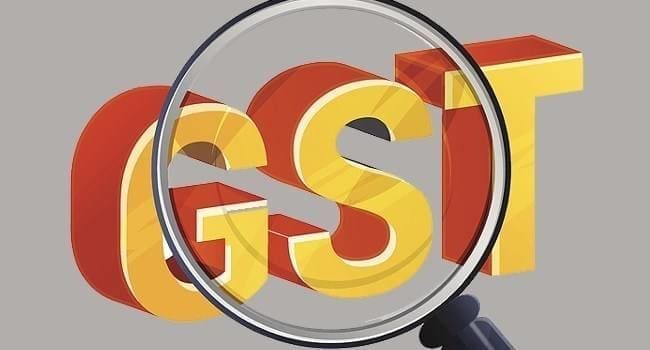With implementation of Goods and Services Tax (GST) requiring a fundamental change
in the way Commercial Tax Department functions, the Tamil Nadu government has
prescribed a new approach with elaborate procedures in enforcing tax laws.
The emphasis is on intelligence-based enforcement activities in an unobtrusive and
efficient manner under proper authorisation and overall supervision and control of the
Commissioner. The need for the change is to avoid indiscriminate investigation and to
avoid any disrepute to the Department. The new approach took effect on June 1, according to a 19-page circular issued by TV Somanathan, Commissioner of Commercial
Taxes.
The Enforcement Wing is being renamed as Intelligence Wing with focus on tax evaders
on the basis of reports prepared with diligence from relevant data and information
gathered in a scientific manner, and without resorting to widespread or random
inspection without adequate data.
Hitherto, the Department relied on physical interception of goods. This approach can no
longer continue in the same manner with the removal of inter-State movement controls
and check posts.
Roving squads
On roving squads, there were instances where officers levied maximum penalty even for
minor breach of tax regulations and procedural requirements. To avoid this, vehicle
checks will be conducted only at places ordered by Joint Commissioners and during
hours of duty prescribed for the concerned squad. No e-Way bill is required for
commodities or circumstances specified in sub-rule (14) of Rule 138, and in such cases
vehicles shall not be detained, the circular says.
Potential areas for tax evasion include non-disclosure or suppression of purchases made
from unorganised sector and showing lower turnover with meagre profit than the
actuals to avoid tax. Consumers in B2C transactions do not insist for proper invoices, if
they are not charged with tax. The taxpayer issues an estimation slip in a paper as a
proof of having sold the goods. The input tax credit (ITC) accrued in respect of the goods
would be transferred to another taxpayer through an invoice to make the other taxpayer
claim ITC for certain percentage of commission without actual sale of goods, the circular
said.
GST revenue
Tamil Nadu earned GST revenue of ₹36,330 crore in 2018-19 with evasion pegged at
around ₹600 crore since GST implementation in July 2017, said industry sources. K
Vaitheeswaran, Advocate and an expert on GST, reacting to the Commercial Tax
Department circular said that it is a welcome step but what is worrying is that some of
the items listed for potential scrutiny is very wide and general. This may open an era of
inspections and audits of routine and bonafide transactions. For example outstanding
ITC balance in excess of ₹25 lakh with no appreciable corresponding output tax
payment is a parametre for conducting inspection or audit. There is no one-to-one
correlation in ITC and accumulation could be due expansion ,sluggish demand and
many other business reasons.

